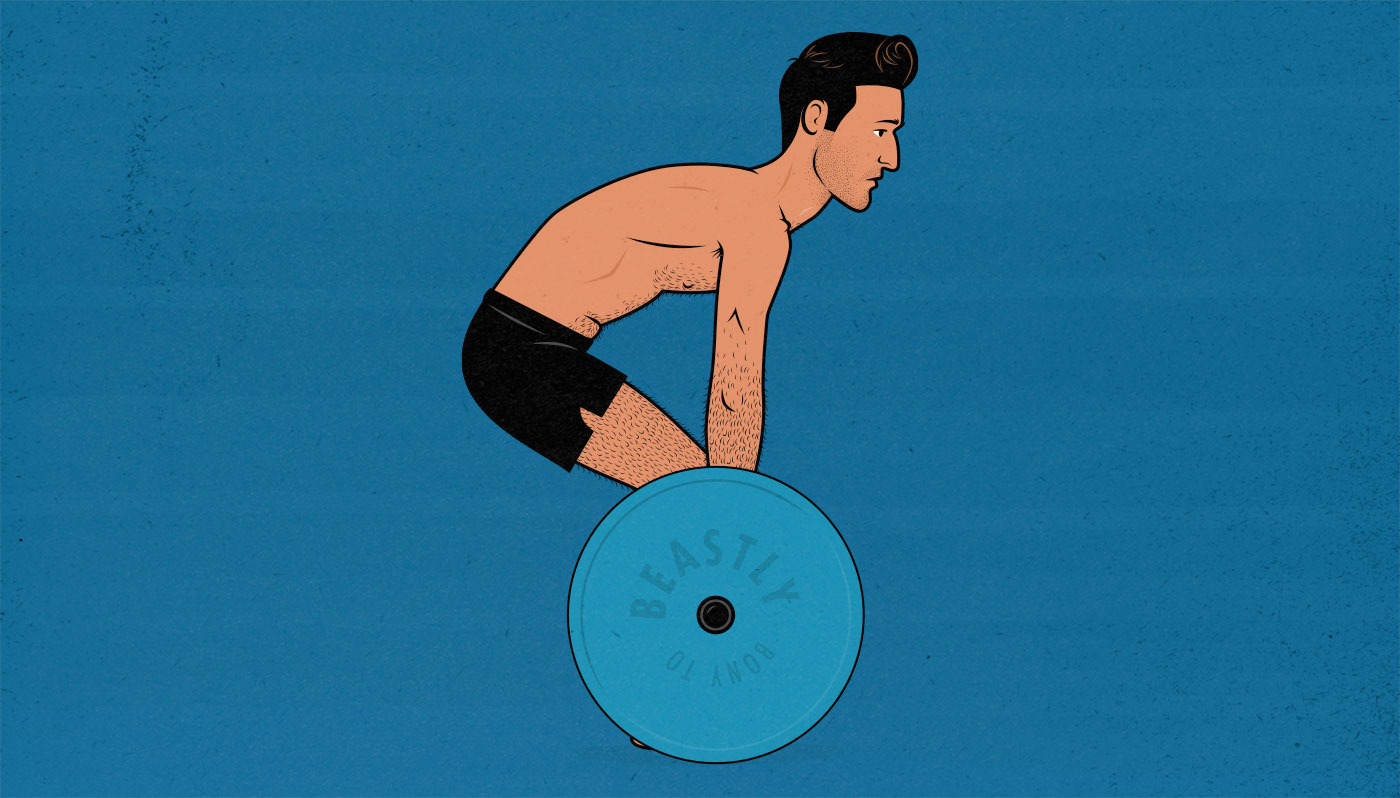Posts Tagged ‘myths’
How Many Meals Should You Eat Per Day While Bulking?
Bodybuilders used to think that they needed to eat seven meals per day while bulking. They thought that if they didn’t eat often enough, their bodies would shift into “starvation mode,” which would cause them to gain less muscle and store more body fat. Some of them would even wake up in the middle of the night to have a protein shake.
Now that intermittent fasting is becoming popular, that idea is starting to die out. Instead of eating seven meals per day, it’s common for bodybuilders to experiment with eating as few as 1–2 meals per day. But there’s a problem here, too. Going through periods of fasting slows down our muscle growth. (A couple of new studies also found that fasting can affect our hair.)
The good news about intermittent fasting becoming more popular is that there’s now quite a bit of research comparing different meal frequencies for muscle growth.
Read MoreShould Beginners Lift to Muscle Failure?
As a new lifter trying to gain muscle size, how close to failure should you be lifting? Some argue that beginners should stop shy of failure, leaving a few reps in reserve (RIR). There’s some wisdom to that advice. It allows beginners to better practice their technique, reducing the risk of injury.
Others argue that beginners should take their sets all the way to muscular failure, ensuring they’re pushing themselves hard enough to stimulate a maximal amount of muscle growth with every set. But does taking a set all the way to failure actually stimulate more muscle growth? Let’s take a look at the research.
Finally, not every lift is the same. Some suit training to failure better than others. So, it’s not as simple as saying that a beginner should always train to failure or avoid training to failure. It often depends on the specific lift.
Read More

